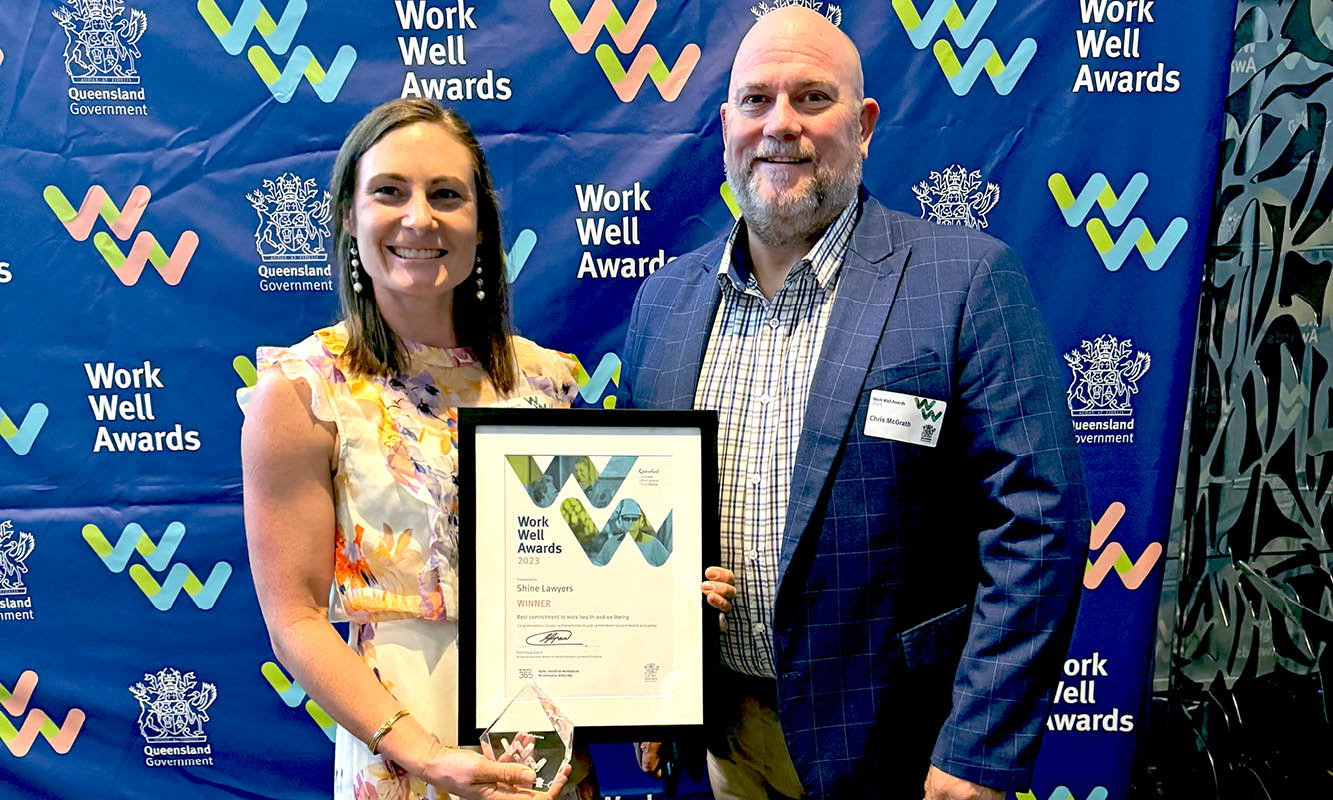In many areas of our lives, we clearly see the value of making plans. You may have spoken to a financial advisor about the best strategy to protect and grow your financial assets, you routinely develop, execute or monitor project plans at work, and everyone knows about the incredible level of detailed, careful planning and deliberation that goes into organising a wedding.
However, when it comes to our most valuable resource – our health and wellbeing – we are much less methodical. In fact, we tend to ignore it until we no longer can because we are about to lose it, or already have. Unfortunately, self-care activities are often the first thing to be sacrificed when life gets busy and stressful. But in the current challenging times – going through a pandemic and dealing with its impact on literally all areas of your life – looking after your own wellbeing will help you remain resilient, make good decisions and take care of others.
The purpose of a self-care plan is to provide you with a personal roadmap to build and protect your physical and psychological health and wellbeing. It helps you to stay on track, be intentional about the things you do, and remain proactive instead of reactive.
The following steps will help you create a personalised self-care plan:
- Take a holistic view on wellbeing. Take a broad view and write down your wellbeing needs in different areas of your life. Remember that self-care extends far beyond your basic physical needs; your overall wellbeing is a combination of psychological, emotional, spiritual, social, financial and workplace-related aspects and considerations. What makes you feel good and fulfilled in each of these areas?
- Identify your current practices. For each of these different elements of your overall wellbeing, think about what you are currently doing to cope with stress and deal with the daily demands and challenges that you are confronted with. What works, and what doesn’t? Which of your current strategies will be helpful and positive in the long-term (e.g. regular exercise, family time), and which will have detrimental effects or may become self-destructive over time (eg relying on alcohol and sleeping tablets to relax and wind down)?
- Identify potential barriers to positive self-care practices. What makes it difficult for you to stick to the useful and constructive wellbeing practices you want to focus on? What is getting in the way of building strong positive habits and putting healthy, beneficial routines in place?
- Develop solutions to overcome barriers. Write down the concrete steps you are going to take to overcome these barriers, or to replace unhelpful coping strategies with constructive ones. For example, a barrier to healthy eating in stressful times could be a lack of good food options, or ready supply of sugary, fatty snacks next to your desk. Think about strategies to overcome these barriers, e. g. preparing nutritious lunches on the weekend, getting rid of unhealthy snacks, and making sure you always have easy access to better options such as almonds, rice crackers or fruit. Also consider where you need to ask for support from others to ensure your solution can be realistically integrated in your life, e.g. making time to have dinner with the family each night, or logging off work at a specific time to make it to your (virtual) book club meeting once a month.
- Share your plan with others. Communicating or showing your plan to a close friend, family member or trusted colleague will help you stay on track. Ask someone to keep you accountable, and offer the same support to them.
For more detailed advice and suggestions on how to develop a self-care plan tailored to your specific needs, have a look at this resource including a template developed but the BlackDog Institute.
If you would like to learn more, don’t hesitate to reach out to the QLS Solicitor Support service on ethics@qls.com.au or p. 3842 5843 to speak to someone in a judgement-free and supportive environment.
Rebecca Niebler is QLS’s Organisational Culture and Support Officer, QLS Solicitor Support (QLS Ethics and Practice Centre)
30 April 2020














Share this article